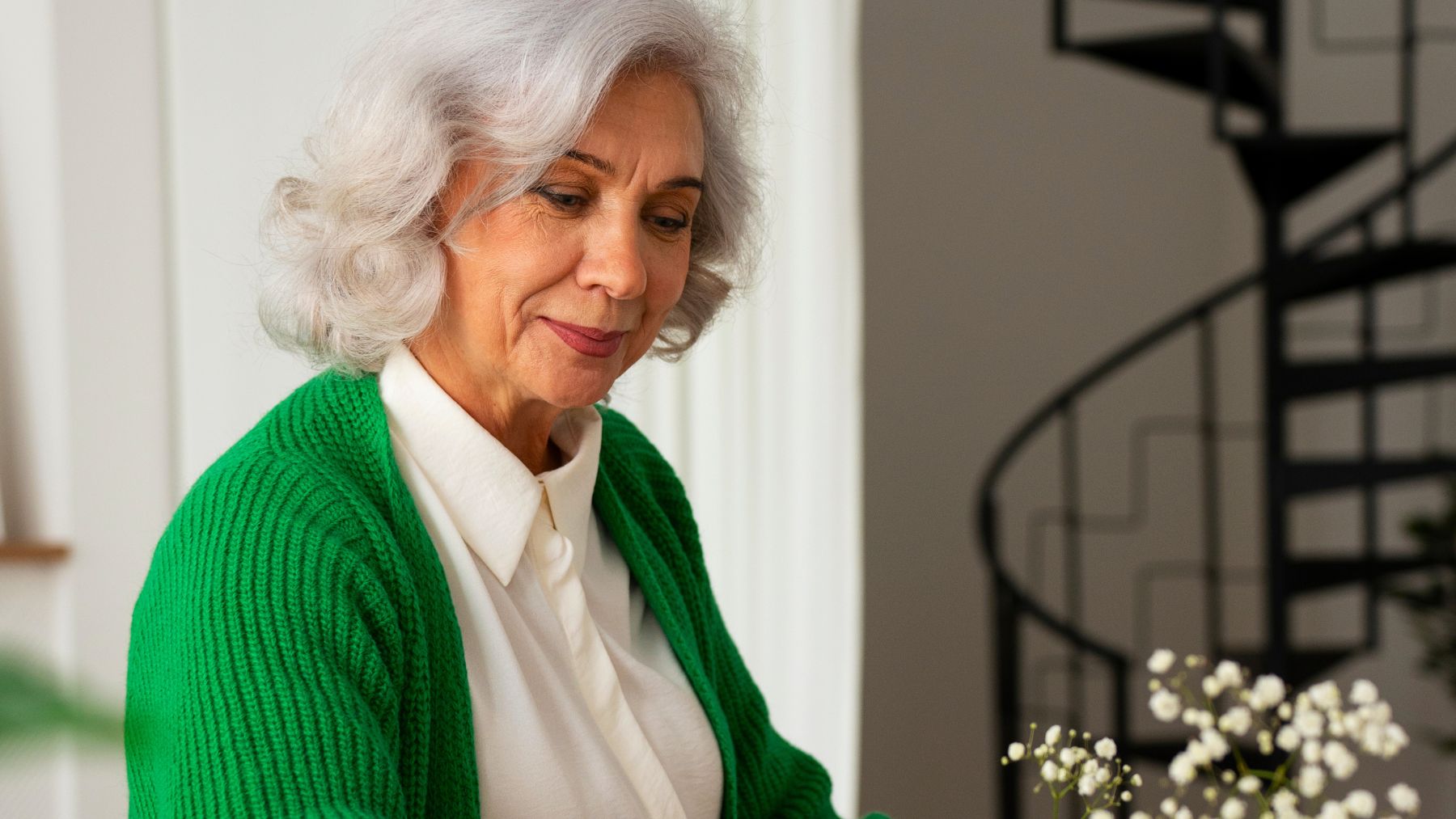Some hobbies are more than just a way to pass the time. For many older adults, one pastime in particular has been shown to boost memory, keep the mind active, and spark meaningful conversations: collecting. Whether it’s antique clocks, porcelain vases, vintage coins, or rare books, this pursuit combines curiosity, history, and creativity in a way that supports healthy aging.
Collecting can improve physical health, sharpen mental skills, and create opportunities to build friendships. Let’s explore how this activity benefits seniors, especially those in retirement communities, and share ideas for getting started if the hobby feels new or unfamiliar.
Collecting and its many benefits for seniors
Collecting gives seniors a chance to engage in light physical activity. Searching for antiques at estate sales, visiting flea markets, or browsing local shops encourages walking and movement, which support balance and mobility. Even restoring or arranging pieces at home can help maintain dexterity and fine motor skills.
The mental side of collecting is just as important. Researching the history of an object, identifying its origin, or learning about different artistic styles provides strong cognitive stimulation. These activities keep the brain engaged and may slow age-related memory issues. Working with familiar antiques or objects tied to personal history can create comfort and spark conversation.
In addition, talking about a collection with neighbors, attending antique fairs, or joining discussion groups opens doors to new friendships. In retirement communities, shared activities like restoration projects or group visits to auctions can reduce isolation and give residents something exciting to look forward to.
Collecting also nurtures creativity. Choosing which items to highlight, arranging displays, or repurposing vintage finds allows for personal expression. Many seniors enjoy decorating shared spaces with their collections or showcasing them during community events. This brings joy not only to the collector but also to those who get to see and learn from the pieces.
Finally, collecting gives life a sense of purpose and continuity. Each object has a story, and bringing those stories together creates a legacy. Seniors often take pride in passing down their collections or sharing their knowledge with younger generations, adding value that extends beyond the objects themselves.
How to get started with this hobby
If you’re considering starting a collection, it’s helpful to begin with a clear idea of what interests you most. Choose items that spark excitement and feel rewarding to pursue. Here are a few possible areas:
- Antique vases and clocks: timeless, decorative, and full of history.
- Coins and stamps: portable and easy to share with others.
- Books and magazines: especially editions connected to personal interests.
- Ceramics and glassware: colorful pieces that can brighten a space.
- Vintage jewelry: wearable collectibles with family story potential.
- Sports memorabilia: programs, cards, or equipment linked to favorite teams.
- Art prints and posters: affordable entry points into art history.
When starting, it’s wise to set a budget and keep storage in mind. Joining local collector groups or online forums can provide tips and opportunities to trade. Remember that it doesn’t have to be expensive or complicated. A small, meaningful set of items can bring as much satisfaction as a large one. What matters most is the sense of joy, discovery, and connection the hobby brings.

